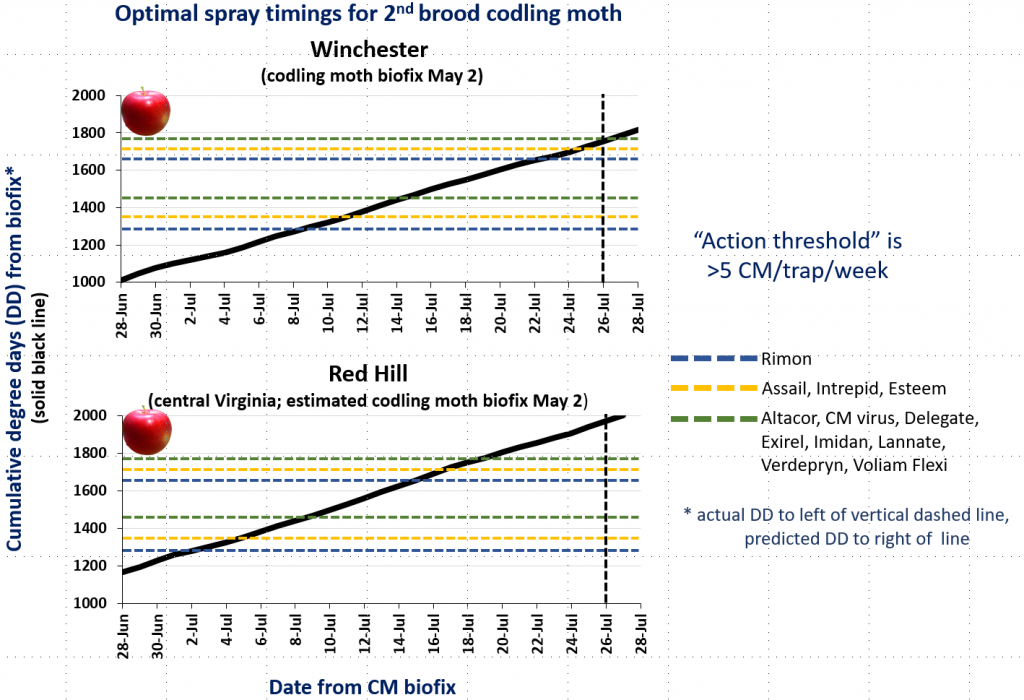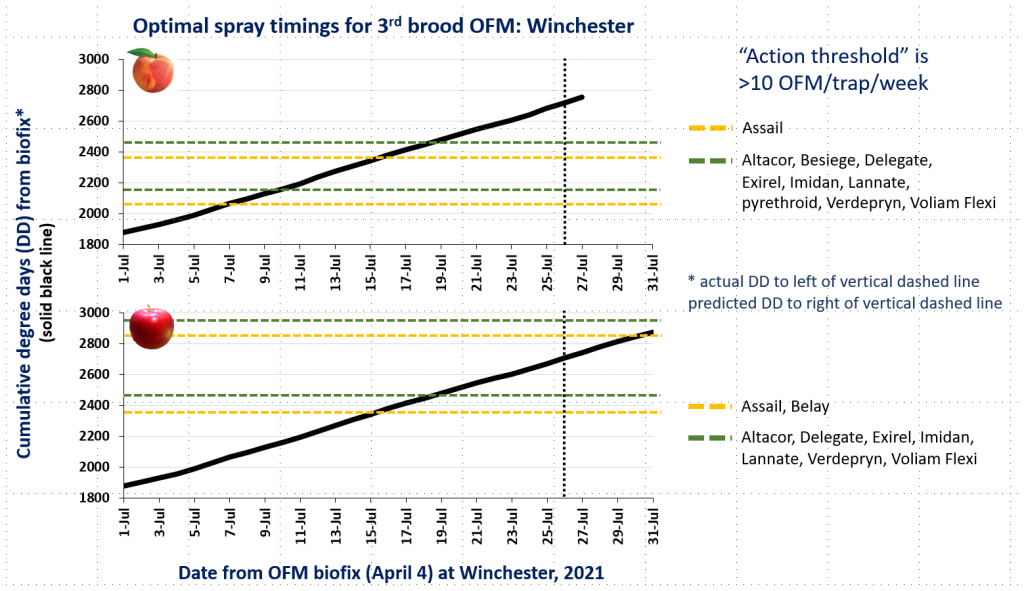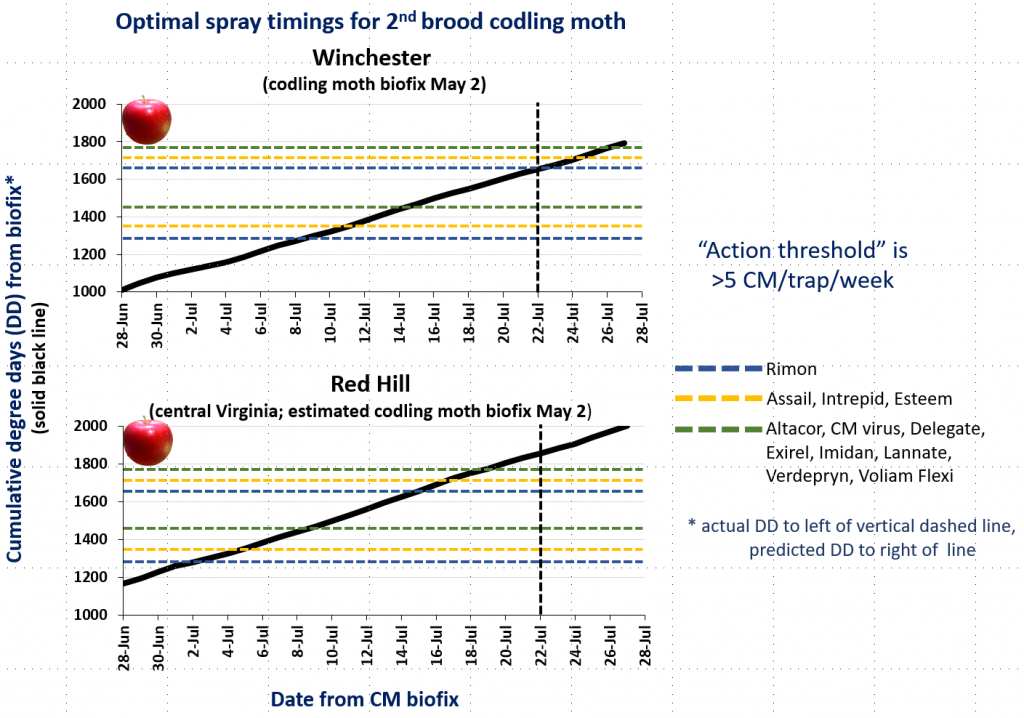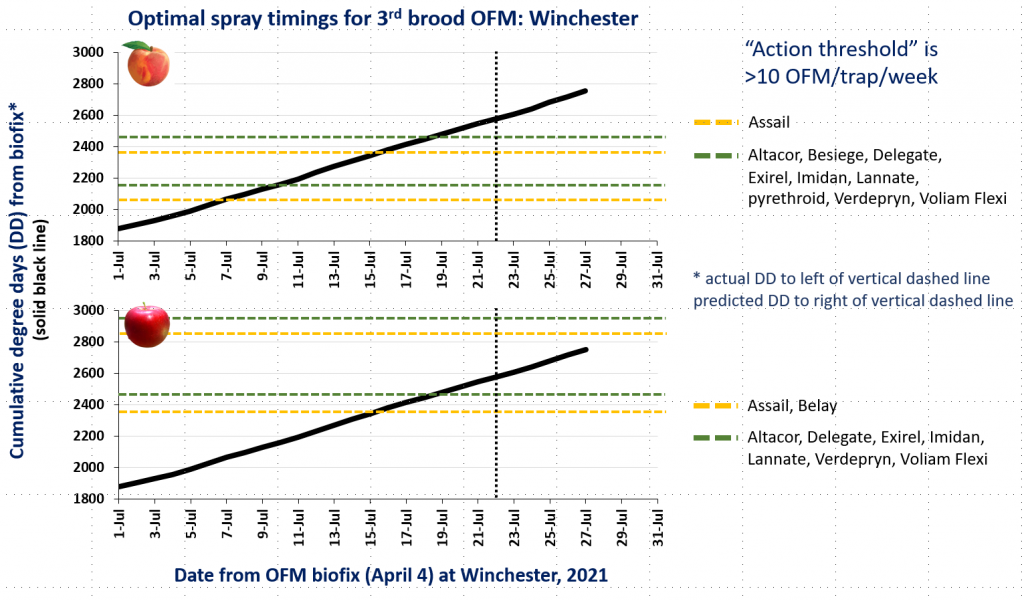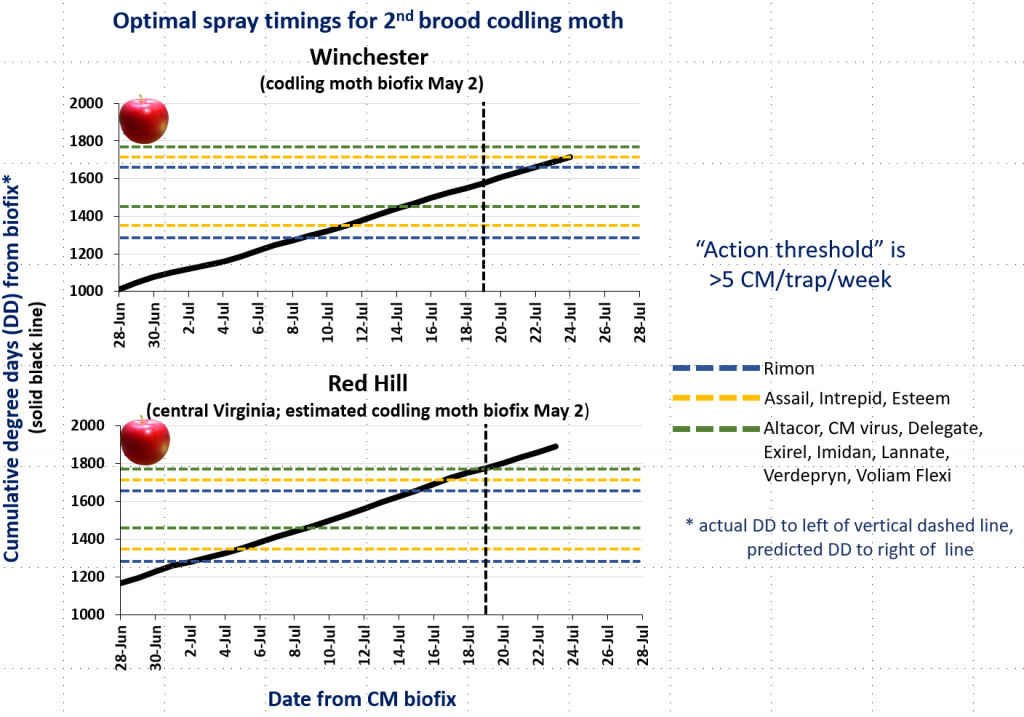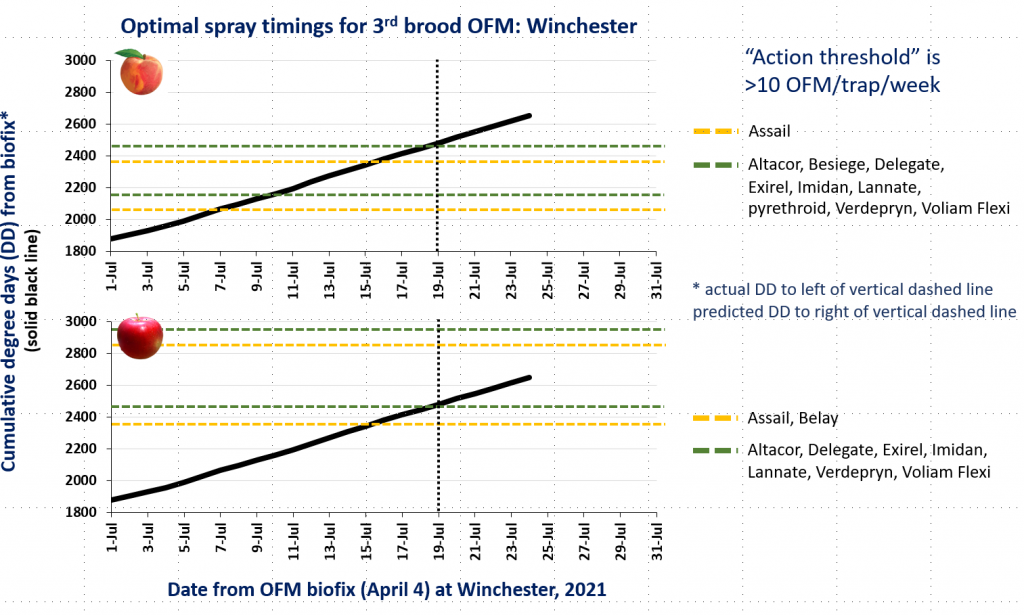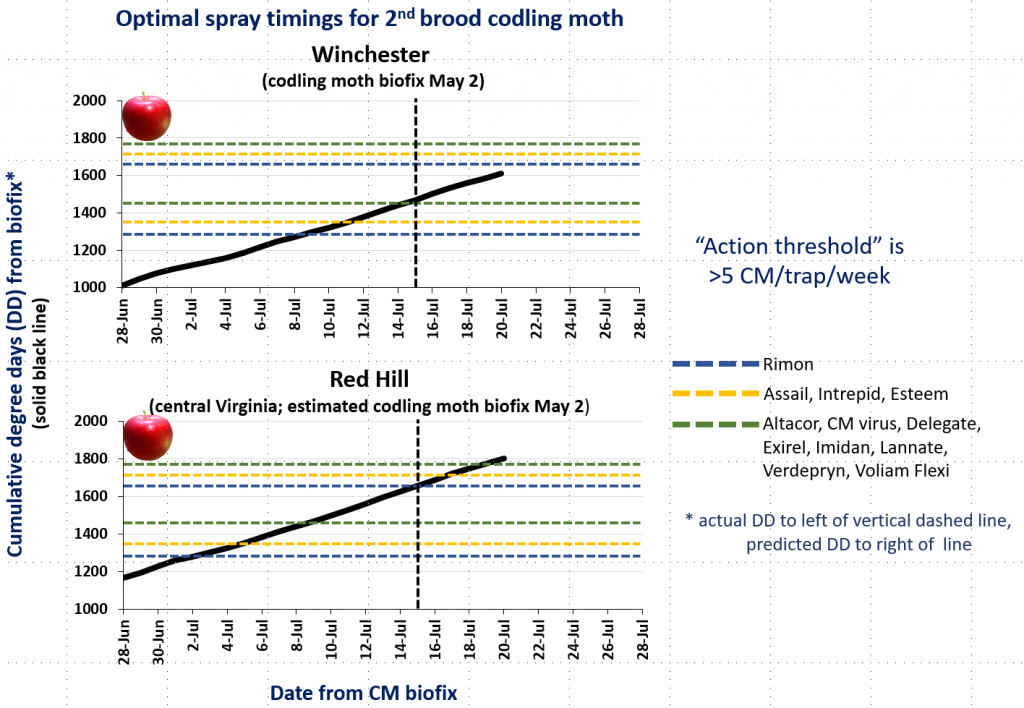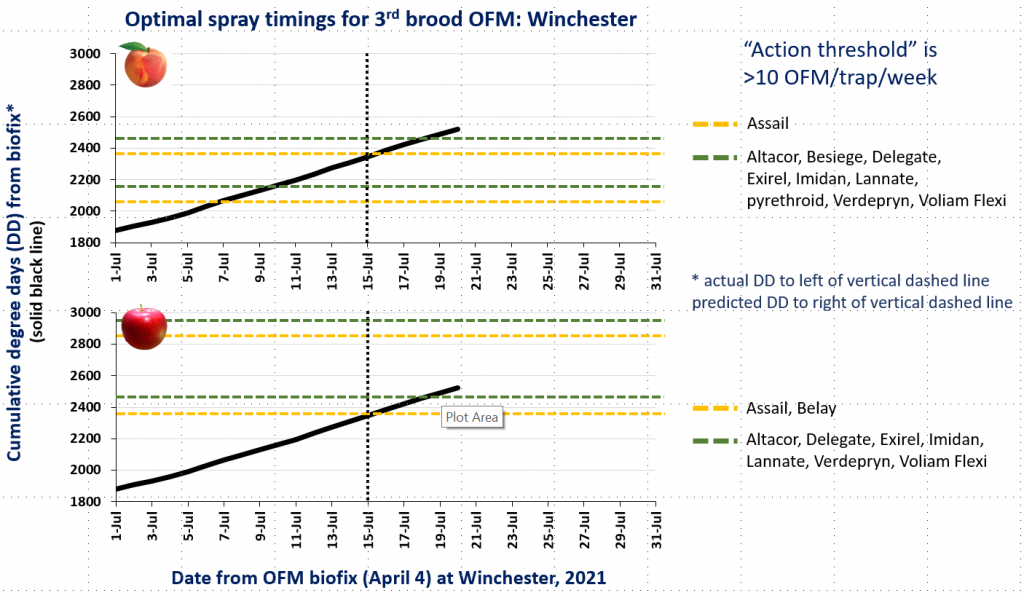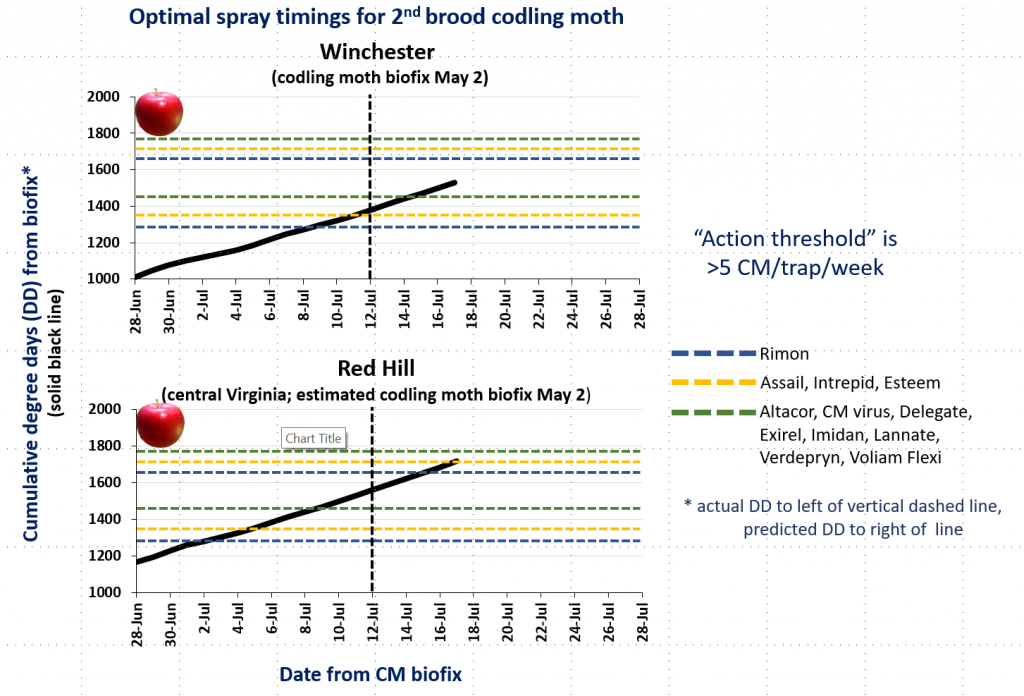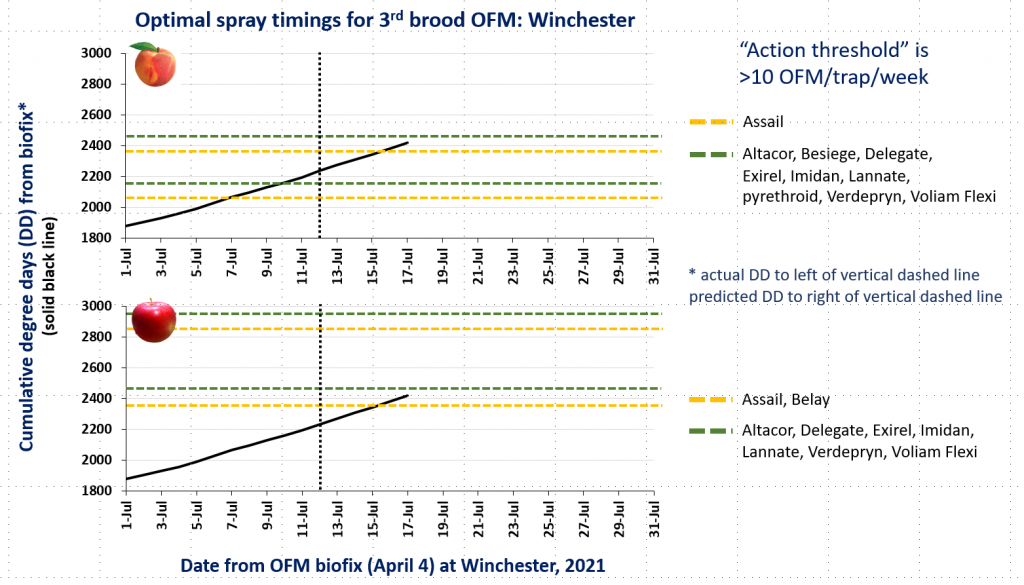As we have expected for a while, a final ruling on chlorpyrifos (Lorsban, Yuma, Warhawk and other generics) has been issued by the EPA. Earlier this week, the EPA provided a comprehensive document that addresses questions about this issue, which can be found at the link below.
The statements below, copied from that document, summarize the rationale for the decision and provide the date on which tolerances for all commodities will expire.
“Based on the currently available data and taking into consideration the currently registered uses for chlorpyrifos, EPA is unable to conclude that the risk from aggregate exposure from the use of chlorpyrifos meets the safety standard of the Federal Food, Drug, and Cosmetic Act (FFDCA). Accordingly, EPA is revoking all tolerances for chlorpyrifos. This final rule is effective October 29, 2021. The tolerances for all commodities expire on February 28, 2022”.
Importantly, any commodity treated with chlorpyrifos during the 2021 growing season will not be affected by this ruling and can be sold into the marketplace. Another practical consideration is that the final allowable applications of chlorpyrifos would target peach borers and, if necessary, dogwood borer, this fall. Thereafter, it will not be available for pest management in spring 2022.
Any remaining stocks of products containing chlorpyrifos will need to properly disposed of. This may include the pesticide collection program operated by VDACS. Although their program for 2021 has ended, VDACS will be working with Cooperative Extension agents in the coming months to determine the locations where collections will be conducted in 2022, which appear to include most of the areas relevant to Virginia tree fruit growers. Mark Sutphin has provided me with two links that relate to the VDACS collection program, and I have copied them below, for your information. We will continue to provide updates on any new developments that may arise with respect to the disposal of remaining stocks.
https://www.vdacs.virginia.gov/pesticide-collection.shtml
https://www.vdacs.virginia.gov/map-of-participating-localities.shtml

